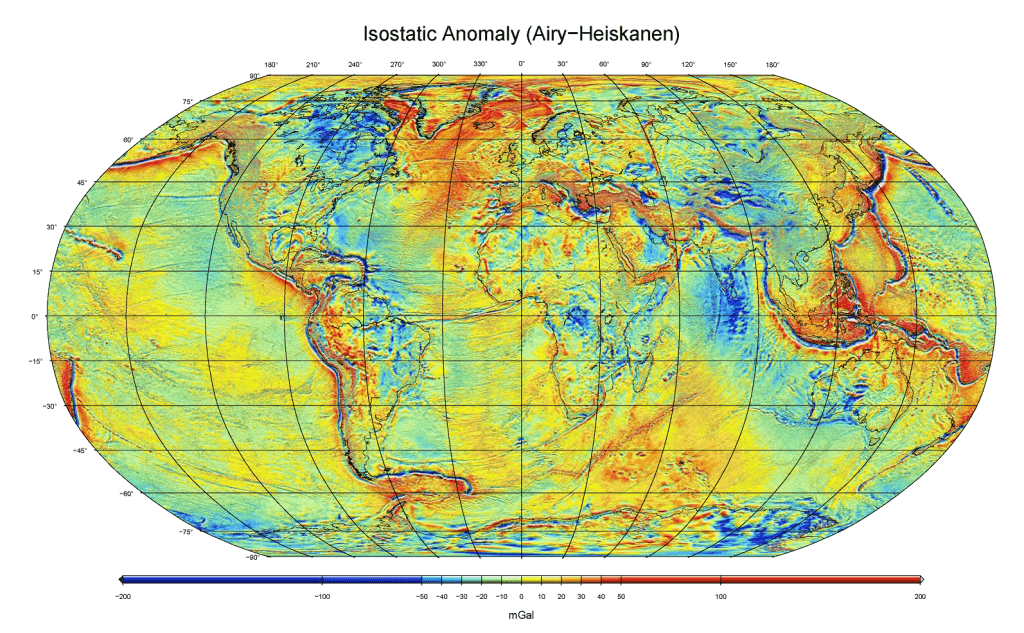What is the purpose of measuring gravity on the Earth’s surface?
The collection, homogenization and validation of all available gravity measurements acquired at the Earth’s surface and their distribution to scientific users is an important task to improve the global knowledge of the Earth’s gravity field. Before the era of the satellite gravity missions CHAMP, GRACE, GRACE Follow-on and GOCE, the computation of the first gravity field models was based primarily on terrestrial gravity measurements together with Satellite Laser Ranging (SLR) data. But even today, these terrestrial gravity measurements play a fundamental role for the validation of the results derived from the satellite gravity missions, and these data are indispensable for the computation of high-resolution gravity field models.
In 1951, the International Gravimetric Bureau (BGI) has been created as a scientific service of IAG (within the IGFS – International Gravity Field Service) for ensuring the collection, validation, archiving and distribution of the terrestrial gravity data to a large variety of users for scientific applications. The global databases of BGI include:
- land gravity data
- marine gravity data
- airborne gravity data
- absolute gravity data
- gravity observations at gravity reference stations
BGI also contributes to the realization of derived gravity products to support studies of the Earth gravity field at global and regional scales. This includes high-resolution grids and maps of Earth´s gravity anomalies of different kind and gravity anomaly grids computed from standard high-resolution gravity field models (e.g. EGM2008). Other services include online tools for predicting gravity at a given site, tools and software for data acquisition or validation, the attribution of digital object identifier (DOI) for gravity data sets, and various documentations (e.g., BGI data formats, gravity anomalies, absolute gravity data base, tutorials). BGI has its Central Bureau in Toulouse, France and operates with the support of various French agencies and universities. BGI services benefit also from a close collaboration of other agencies from Germany (BKG), Italy (POLIMI), Greece (AUTH), Czech Republic (VUGTK), Denmark (DTU) and USA (NGA).
